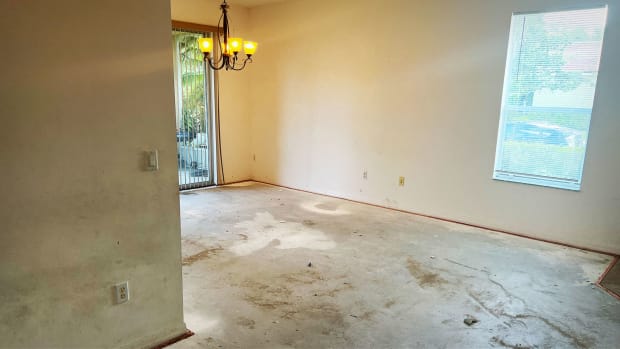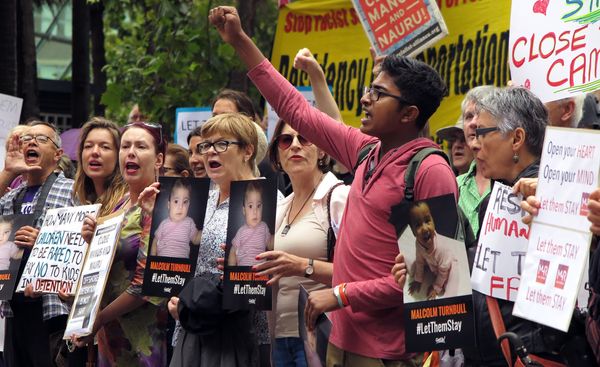Deciding to buy a house involves considering a number of factors beyond the purchase price, mortgage rates, and whether you have picked the best time to enter the market. It's also important to consider your cost of owning a home versus not owning a home.
In some cases, the price to buy a home you want to live in in a place where you want to live seems too high (or at least it's more than you thought you would have to spend), but you have to live someplace. If you don't buy a home and nobody lets you live somewhere for free, then you have to pay rent.
If you plan to stay in the same geographic area for at least a few years, then it may make sense to buy a home rather than renting one. To make that decision you have to consider a few things.
- What would it cost me to rent in this market?
- What would my actual expenses be (mortgage, taxes, utilities, etc.) be per month if I bought a home?
- Do I expect the price of rent to increase each year?
- Will the value of homes in the area go up or am I buying a home that with some work would be worth more if current valuations hold.
Since most people buy homes using a 30-year fixed-rate mortgage, you can usually go into the process with a pretty good idea what your costs would based on what price you would pay. And, with rental prices hitting all-time highs in many markets, buying may actually make more financial sense.

Image source: Daniel Kline/TheStreet
The Rent Is Too Damn High
Rents have been going steadily up, but there are signs they are stabilizing.
"In the top 100 metro markets, median one-bedroom rent firmed 0.5% to $1,422 in June from May, down from 1% to 2% gains during the pandemic, according to online rental brokerage Zumper," TheStreet's Dan Weil wrote on July 6. "To be sure, the year-over-year increase totaled about 11% in June. Two-bedroom rent fell 2.9% to $1,708 in June from May and was up about 9% from a year earlier."
Even if you assume rates have stabilized, landlords generally raise the rent most years even if it's just by a few percentage points. In other cases, it can be much more extreme.
My wife and I sold our home in order to buy a resort property a little over one year ago. We had to stay in the same market so our son could finish high school and rented a four-bedroom town-home in December 2020 for $2395 a month. When our one-year lease ended, we re-upped for a second year at $2,700, a deal given where South Florida rents have gone.
Our intention had been to rent in a city we wanted to consider buying in for a year after our lease ended. That plan quickly became impossible when we realized that rents in the market we had picked would have cost around $3,500 a month for the three-bedroom home we wanted (And we would have likely been not getting our full wish list).
With rent that high, we reconsidered the idea of buying (and our landlord gladly let us out of our lease because he can get at least $1,000 a month more from new tenants.
Renting Versus Buying Is Not an Easy Question
With both of us approaching 50 and an 18-year-old child, my wife and I knew that barring an unexpected work situation, we were likely buying a house we would live in for a few years (or maybe forever). It became pretty clear to us that we could buy something and turn it into the home we wanted for about $2,100 a month (mortgage plus HOA and taxes).
That's significantly less than renting would have cost us and while taxes and HOAs can go up, our mortgage amount would not. For us, the spread made it very clear that we'd not only save money owning, but we'd have a chance to capture appreciation as we're confident we're moving to an area where prices will steadily rise.
Now, had we rented, we would not have spent significant money doing renovations. We have done them, but we're confident we could sell for more than the difference between what we bought the house for and what invested in it. These spreads will vary based on markets and mortgage rates, which have gone up nearly two points since we closed.
The math may make renting a better choice for some people, but "is now a good time to buy a house?" is not a question that you answer based on mortgage rates or even housing prices. It comes down to a much bigger equation because not picking a place to live generally isn't an option.







